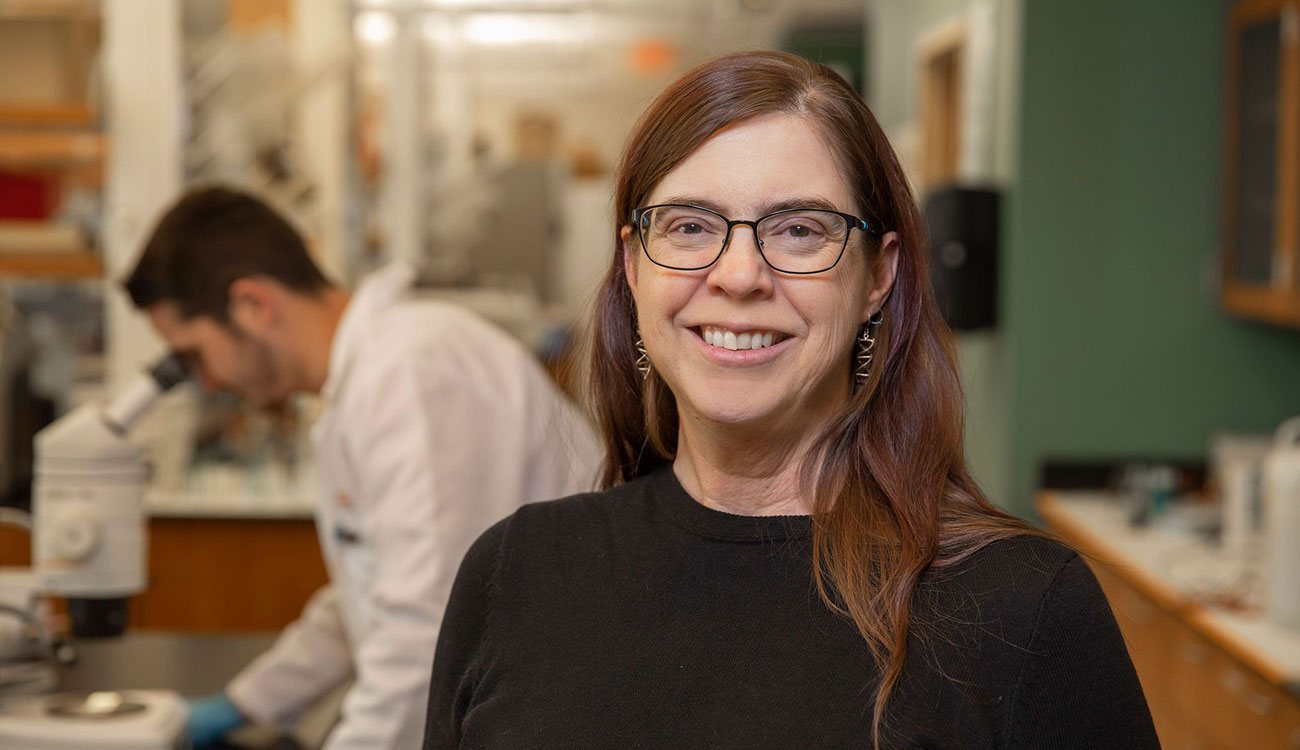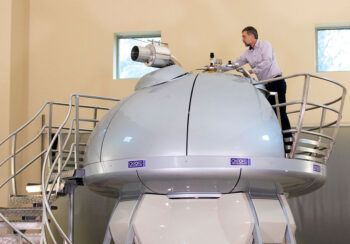“We don’t know for sure how many of the problems of old age are caused by declining immune function … If we could figure out a way to make it better, we could potentially impact the longevity and health of everybody on the planet.”
– Nancy Manley, Distinguished Research Professor, Genetics
That’s where Manley’s lab comes in. As one of only a handful of labs in the world focusing on the thymus, Manley’s team is trying to figure out the basic biology of the thymus and how aging affects the organ. Their goal is to determine how T cells develop and what happens to make their numbers decline.
Combining old and new methods, Manley is able to identify genes that affect the functioning of the organ, and the technique has given the lab 18 new leads on what might be contributing to the thymus’s decline. In addition, new technology, called single-cell RNA sequencing, is enabling the team to see what individual cells in the organ are producing to determine how they work together to make the thymus function.
“We don’t know for sure how many of the problems of old age are caused by declining immune function, but we have a fairly good idea that it’s an awful lot of them,” says Manley, who also serves as the head of UGA’s genetics department. “If we could figure out a way to make it better, we could potentially impact the longevity and health of everybody on the planet.”

About the Researcher
Nancy Manley
Distinguished Research Professor & Department Head
Genetics
Franklin College of Arts & Sciences






